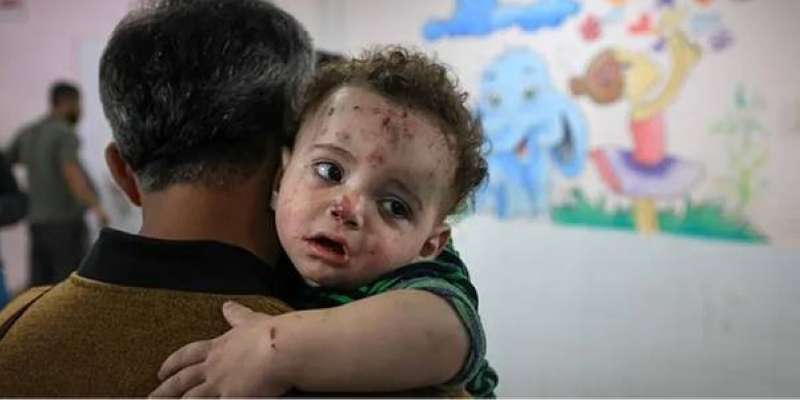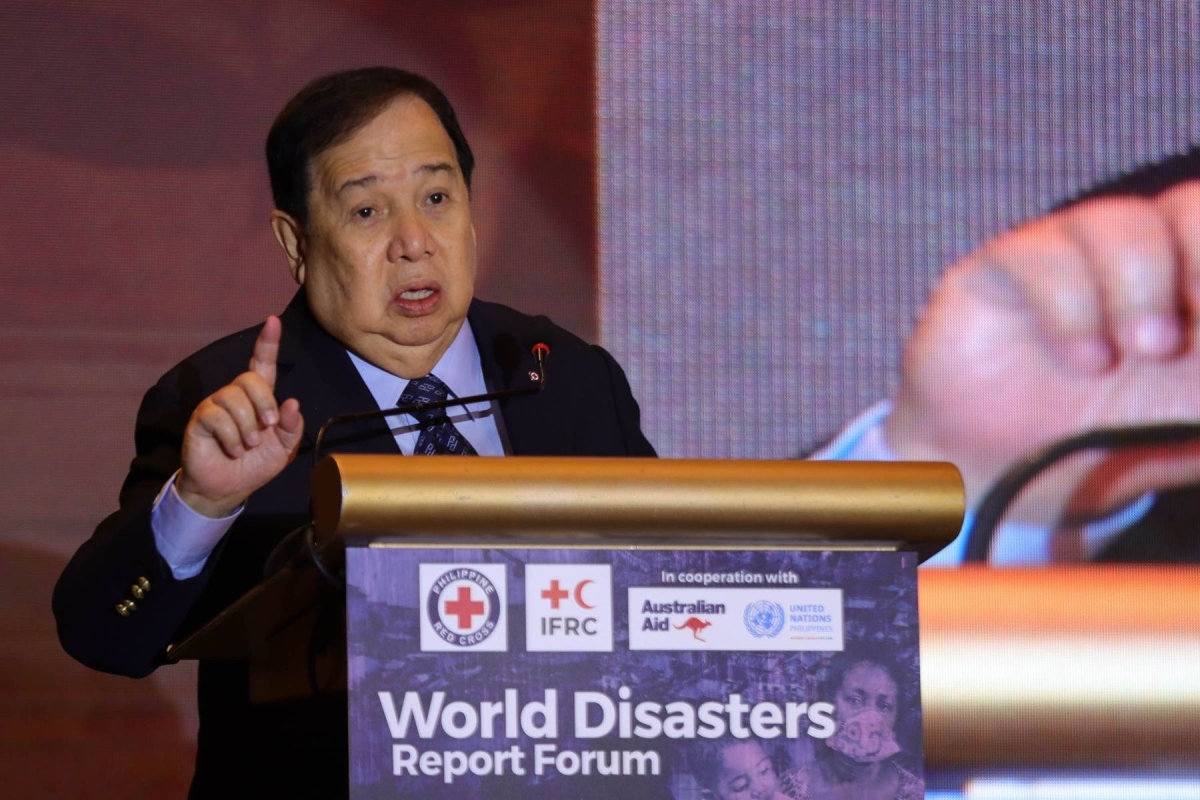The Gaza Strip is currently facing a dire situation as the Israeli occupation forces continue their war, leading to deteriorating health conditions among its population. The director of the Martyr Muhammad Youssef Al-Najjar Hospital in the southern Gaza Strip, Dr. Marwan Al-Hams, has recently revealed that smallpox is spreading rapidly among children in the area. This alarming development has raised concerns about the potential for an epidemic, especially considering the lack of necessary treatments to contain the disease.
According to Dr. Al-Hams, the hospital receives an overwhelming number of cases of intestinal diseases on a daily basis, with approximately 1,500 cases reported each day. This high number of cases further exacerbates the already challenging health situation in the Gaza Strip.
Smallpox, a highly contagious viral infection, is primarily transmitted through respiratory droplets when an infected individual coughs or sneezes. With the onset of winter, when viruses tend to be more active, the risk of spreading respiratory diseases, including smallpox, increases. Unfortunately, the poor health conditions in the Gaza Strip, coupled with the severe water shortage, provide a suitable environment for the rapid spread of the disease.
Sherif Hetta, a consultant in preventive medicine and public health, emphasizes that while smallpox is not inherently dangerous, its impact is particularly severe on children and pregnant women due to their weaker immune systems. This vulnerability makes it crucial to address the outbreak swiftly and effectively.
The urgent need for proper healthcare and hygiene practices in the Gaza Strip cannot be overstated. The lack of access to clean water and sanitation facilities significantly contributes to the spread of diseases, including smallpox. Immediate action is required to ensure the availability of essential medical supplies and treatments to contain the outbreak and prevent further complications.
It is important to note that the situation in the Gaza Strip is not isolated from the larger context of the ongoing conflict. The Israeli occupation forces’ actions have not only resulted in physical and emotional trauma but have also severely impacted the region’s healthcare infrastructure. The restrictions on the movement of goods and people have hindered the delivery of vital medical supplies and equipment, making it even more challenging to address the current health crisis.
Efforts from the international community are crucial in supporting the Gaza Strip’s healthcare system and providing the necessary resources to combat the smallpox outbreak. Humanitarian organizations, governments, and individuals can contribute by offering financial aid, medical expertise, and advocating for the lifting of restrictions that hinder the delivery of essential supplies.
Furthermore, raising awareness about the situation in the Gaza Strip and the urgent need for assistance is vital. By shedding light on the challenges faced by the population, we can encourage global solidarity and prompt action to alleviate their suffering.
In conclusion, the Gaza Strip is currently experiencing a severe health crisis, with a rapid spread of smallpox among children. The lack of necessary treatments, coupled with poor hygiene conditions and limited access to clean water, exacerbates the situation. Immediate action is required to address the outbreak and provide essential medical supplies. It is crucial for the international community to come together and support the Gaza Strip in overcoming this health crisis and ensuring the well-being of its population.







